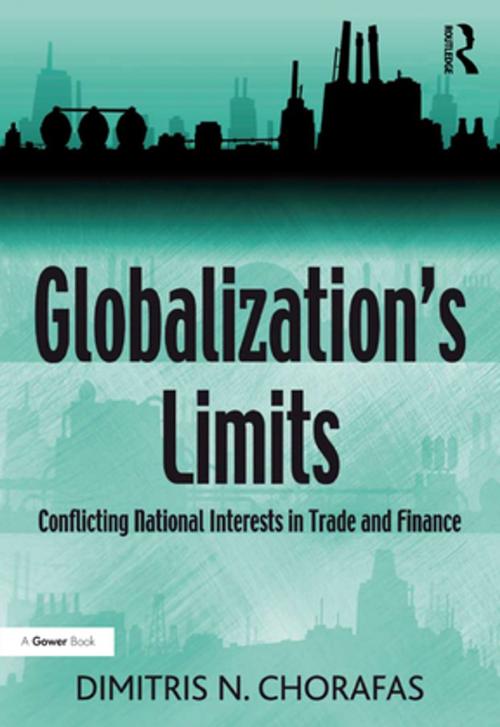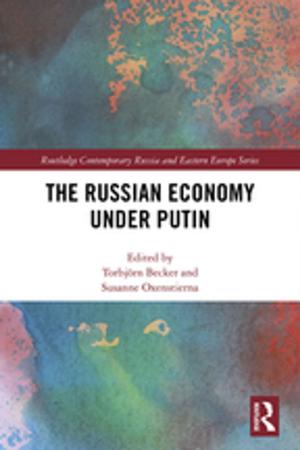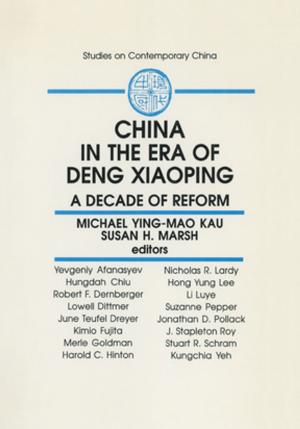Globalization's Limits
Conflicting National Interests in Trade and Finance
Business & Finance, Management & Leadership, Management| Author: | Dimitris N. Chorafas | ISBN: | 9781317126843 |
| Publisher: | Taylor and Francis | Publication: | April 22, 2016 |
| Imprint: | Routledge | Language: | English |
| Author: | Dimitris N. Chorafas |
| ISBN: | 9781317126843 |
| Publisher: | Taylor and Francis |
| Publication: | April 22, 2016 |
| Imprint: | Routledge |
| Language: | English |
So far there has been only praise for globalization. However, the export wave of China’s manufacturing machine and, more recently, the Global financial crisis show that globalization has limits. Globalization, the internationalization of trade, and financial integration are having enormous implications for businesses as well as for the whole economies of countries or blocks of countries. In this book Dr Chorafas argues that research is now producing evidence that there are limits to such globalization and amalgamation and that these need to be better defined and understood if some of the problems now being identified are to be prevented from applying the brakes, or worse, putting the process into reverse gear. The author examines the impact on countries such as the United States and European Union of occurrences like China's emergence as a massive manufacturing platform and the distortions of trade that result, affecting countries' GDP and creating problems such as uncontrollable current account deficits. He also considers the effect of Sovereign Wealth Funds as new entrants on the scene. These, he argues, are seen by some as 'the Trojan horses of state capitalism', particularly in what he defines as the 'absence of a global sheriff'. Globalization’s Limits looks at the EU and the Euroland as a test of globalization. The conclusions Chorafas draws about the effect on member states of pan-European banking, and the Euro as common currency, have implications for Britain and for the rest of the world. Issues relating to missed opportunities and leadership beg questions such as 'Who, if anybody, is or should be in charge of global monetary policy?
So far there has been only praise for globalization. However, the export wave of China’s manufacturing machine and, more recently, the Global financial crisis show that globalization has limits. Globalization, the internationalization of trade, and financial integration are having enormous implications for businesses as well as for the whole economies of countries or blocks of countries. In this book Dr Chorafas argues that research is now producing evidence that there are limits to such globalization and amalgamation and that these need to be better defined and understood if some of the problems now being identified are to be prevented from applying the brakes, or worse, putting the process into reverse gear. The author examines the impact on countries such as the United States and European Union of occurrences like China's emergence as a massive manufacturing platform and the distortions of trade that result, affecting countries' GDP and creating problems such as uncontrollable current account deficits. He also considers the effect of Sovereign Wealth Funds as new entrants on the scene. These, he argues, are seen by some as 'the Trojan horses of state capitalism', particularly in what he defines as the 'absence of a global sheriff'. Globalization’s Limits looks at the EU and the Euroland as a test of globalization. The conclusions Chorafas draws about the effect on member states of pan-European banking, and the Euro as common currency, have implications for Britain and for the rest of the world. Issues relating to missed opportunities and leadership beg questions such as 'Who, if anybody, is or should be in charge of global monetary policy?















